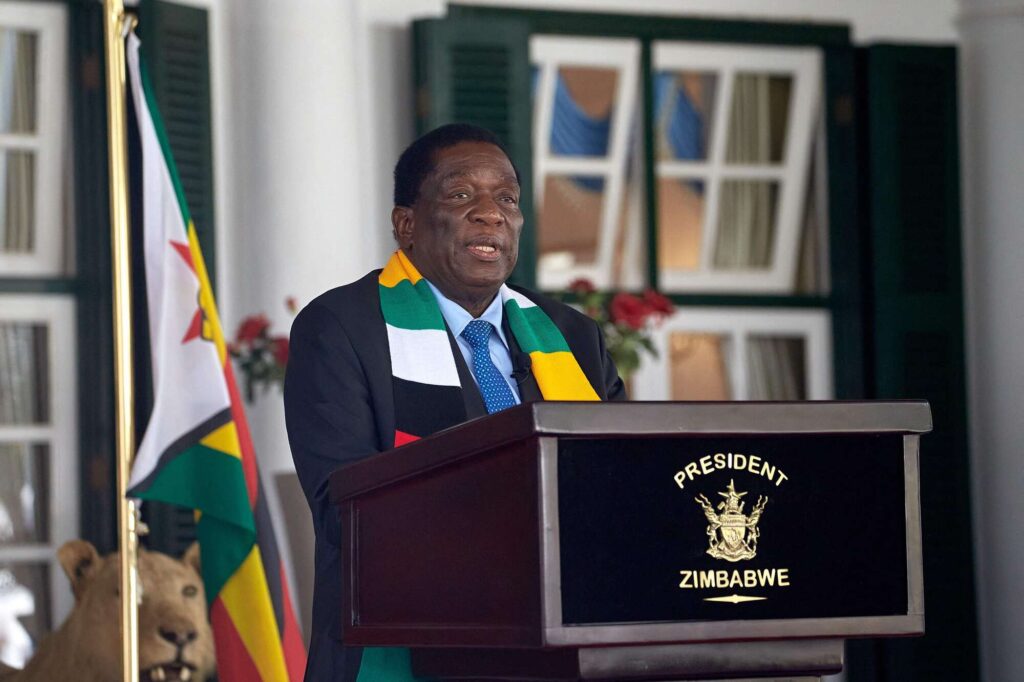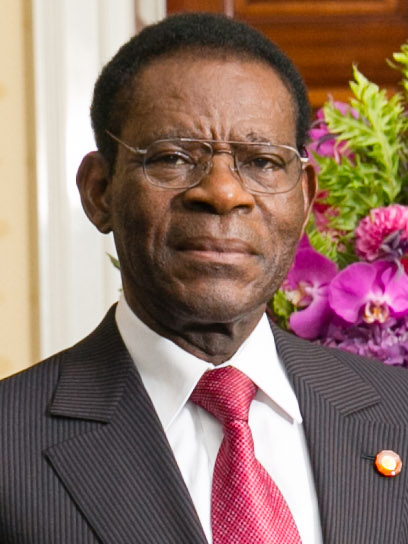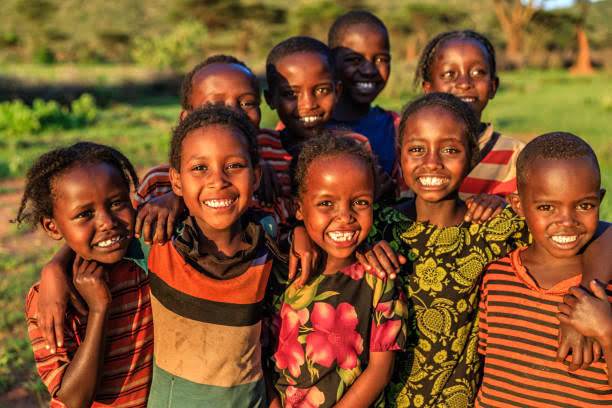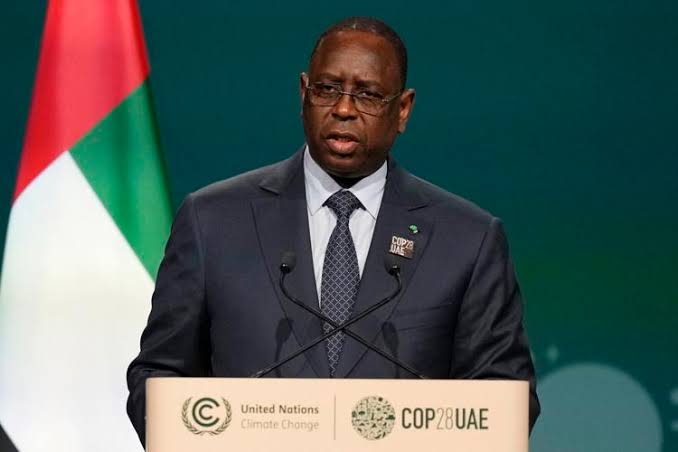
Faith Nyasuguta
Zimbabwe’s cabinet has made a historic decision by agreeing to abolish the death penalty after months of parliamentary debate.
The move involves adopting a private member’s bill from last year, aiming to end the death penalty inherited from British colonial rule.
The cabinet emphasized the importance of retaining a deterrent element in sentencing murderers, proposing lengthy prison terms without violating the right to life. Life sentences, particularly for cases with aggravating circumstances, are expected to be introduced under the new law.
The decision reflects a significant shift, especially since Zimbabwe’s last execution took place in 2005.
President Emmerson Mnangagwa, who had himself faced death row during the independence struggle against British rule, has been advocating for an end to the death penalty.
The move aligns with a global trend towards the abolition of capital punishment.

Similarly, Ghana’s parliament voted to abolish the death penalty in July of last year, emphasizing a transition from the capital punishment inherited from colonial rule.
The new bill, passed by President Nana Akufo-Addo, substitutes life imprisonment for the death penalty under the state’s Criminal Offences Act. Ghana, like Zimbabwe, was responding to public opinion, human rights considerations, and global trends favoring the abolition of the death penalty.
Further reflecting this trend, in September 2022, Equatorial Guinea, known for its authoritarian regime, declared the abolition of the death penalty.
President Teodoro Obiang Nguema Mbasogo signed a new penal code, making capital punishment “totally abolished” in the oil-rich nation. The move was significant, given Equatorial Guinea’s history of human rights concerns, including accusations of forced disappearances, arbitrary detention, and torture.
While the country had not executed anyone officially since 2014, the regime faced criticism from international NGOs and the United Nations.

Although the abolition of the death penalty marks a positive step for these African nations, it’s essential to acknowledge that over 30 African countries still retain capital punishment as a legal measure.
However, the recent actions in Zimbabwe, Ghana, and Equatorial Guinea contribute to a growing momentum toward the recognition of human rights and the global movement against the death penalty.
The international community continues to closely monitor developments in various regions as efforts to promote justice, fairness, and respect for human life gain momentum.
Some of the other African countries that have abolished the penalty include:
- South Africa: Abolished the death penalty in 1995.
- Namibia: Abolished the death penalty in 1990.
- Mauritius: Abolished the death penalty in 1995.
- Cape Verde: Abolished the death penalty in 1981.
- Rwanda: Abolished the death penalty in 2007.
- Senegal: Abolished the death penalty in practice since 2004.
- Togo: Abolished the death penalty for ordinary crimes in 2009.
RELATED:




